Regeneration of Complex Capital Goods – CRC 871


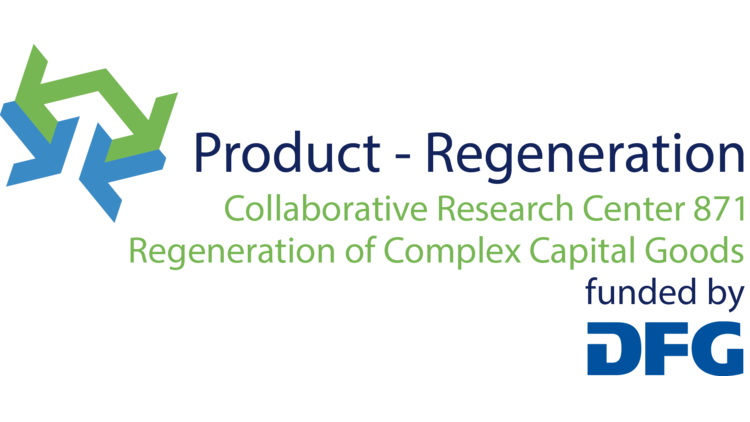
The Collaborative Research Center 871 - Regeneration of Complex Capital Goods - researches how complex components can be maintained and repaired efficiently and in a resource-saving manner, thus reducing operating costs. Civil aircraft engines serve as an application example, as the modules and components of engines are highly complex in terms of their technical interactions with each other and with the operating and environmental conditions. The findings and methods developed here can also be transferred to other complex capital goods, such as stationary gas turbines, wind turbines and transformers for rail vehicles.
Further information can be found at: https://www.sfb871.uni-hannover.de/en/
Process chain for the production of hybrid high-performance components - CRC 1153


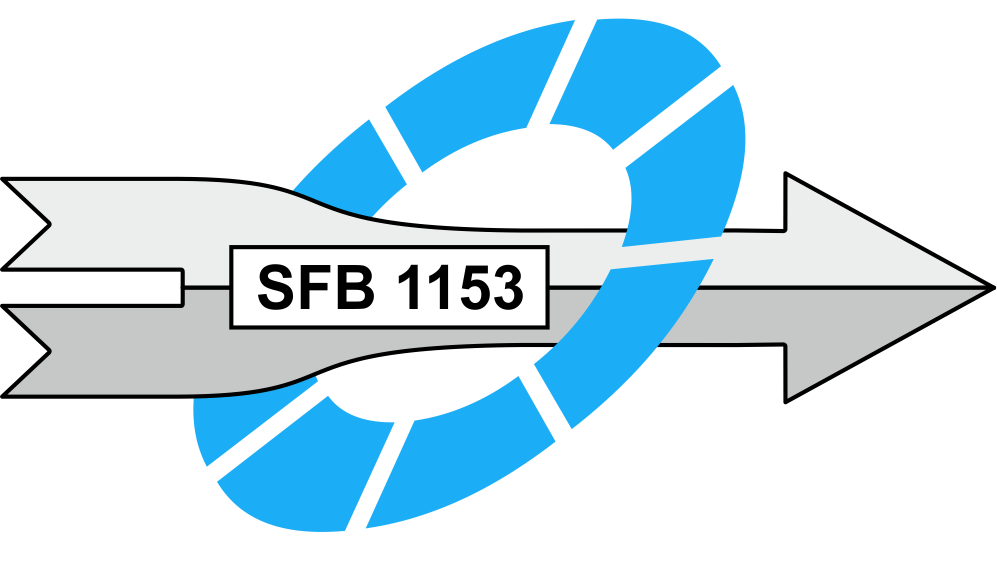
In the CRC 1153 "Process chain for the production of hybrid high-performance components", the match is researching the development of innovative gripping systems. The match is also developing a demonstrator process chain and building a demonstrator in cooperation with the other sub-projects.
Further information can be found at: https://www.sfb1153.uni-hannover.de/en/
Oxygen-free production - CRC 1368

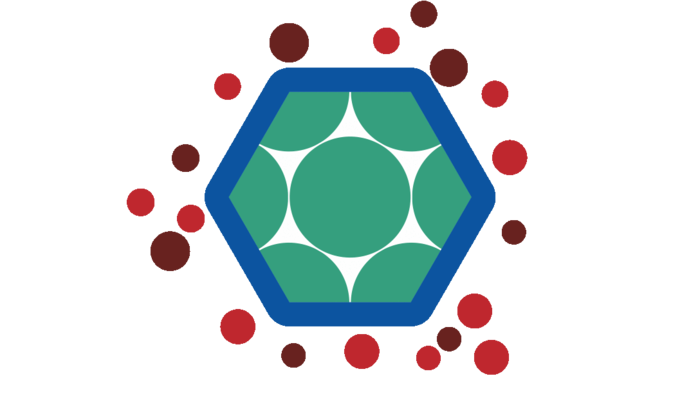

The aim of the Collaborative Research Center is to gain a fundamental understanding of the processes and mechanisms in manufacturing, assembly and handling technology processes with the (technically) complete exclusion of oxygen. The aim is to open up the completely new research field of "oxygen-free production", which will add new possibilities to established processes, significantly increase the performance of the products produced and also enable completely new processes.
Further information can be found at: https://www.sfb1368.uni-hannover.de/
Additive Manufacturing in Construction AMC – TRR 277



As part of TRR 277, additive manufacturing (3D printing) is being researched as an innovative method in the construction industry to create components layer by layer and directly according to digital designs, revolutionizing traditional construction methods. The match is participating in sub-project B04 by developing a robot-assisted process for the 3D printing of large concrete components based on adaptive path planning and process control. In addition, the match is researching the concept of "print-while-driving" with mobile robots in order to increase efficiency in 3D construction printing.
Further information can be found at: https://amc-trr277.de/
Multifunctional high-performance components made from hybrid porous materials – TRR 375



The aim of TRR 375 is to establish a new class of components: multifunctional high-performance components. These consist of hybrid porous (HyPo for short) materials, which are characterized by a combination of different metallic materials and the targeted introduction of pores.
Components made from HyPo materials have a locally varying density, for example in the form of graded porosity, and mechanical and thermal properties that are specifically tailored to the application. They should also fulfill additional functions, including sensors integrated into the components. The sensors can, for example, be used for permanent self-monitoring, whereby a complete load history of the component up to its imminent failure can be recorded, its service life determined and thus fully utilized.
Further information can be found at: https://www.trrhypo.de/
Soft Material Robotic Systems – SPP 2100
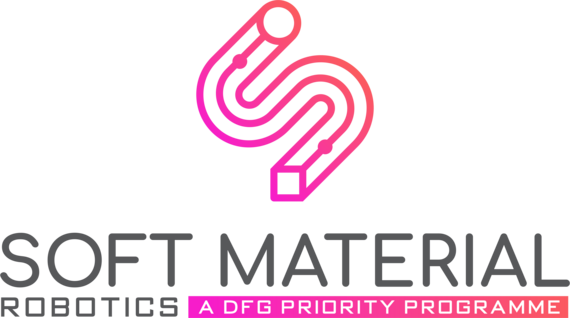
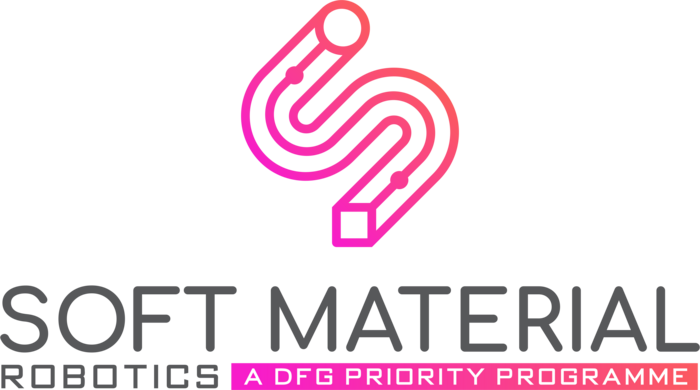
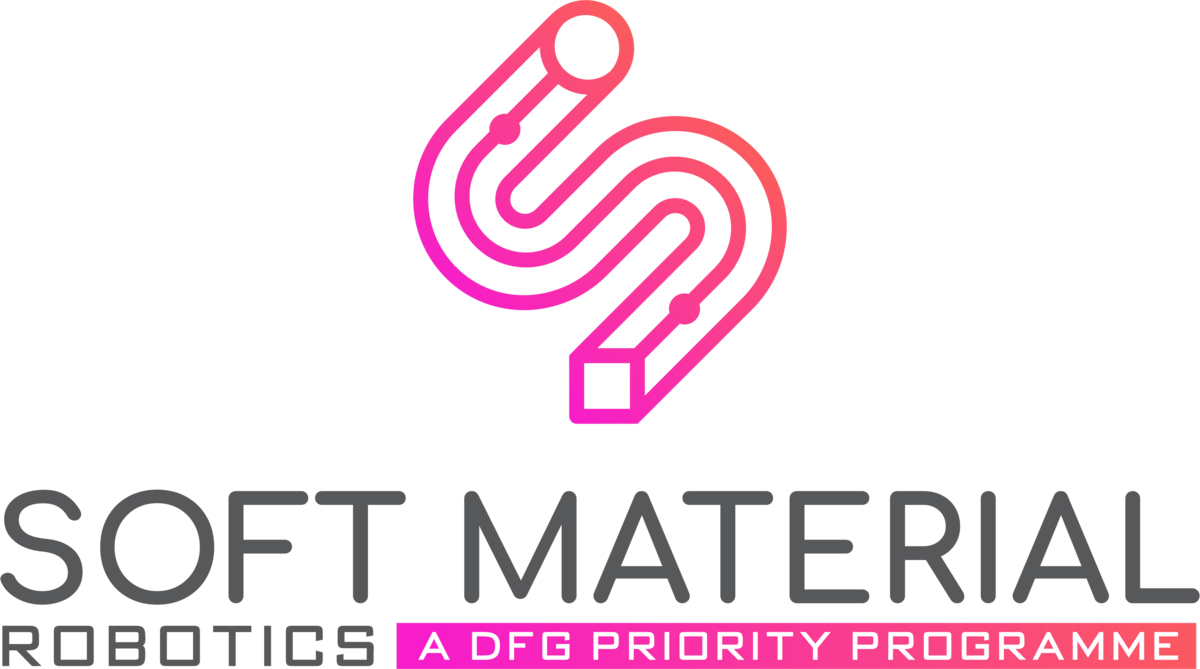
By using soft materials such as silicones, the research field of soft material robotics focuses on flexibility and adaptability, which reduces the risk of injury during human interaction, for example. This paradigm shift represents a revolutionary departure from traditional hard materials and harbors both potential and challenges. The SPP 2100, coordinated by match, enables interdisciplinary collaboration to test innovative approaches for the development of soft robotic systems in the midst of this paradigm shift.
Further information can be found at: https://spp2100.de/
Measurement technology on airborne platforms – SPP 2433



The use of measurement technology on flying platforms is being investigated as part of SPP 2433. In cooperation with imr, match is working on a sub-project that looks at the energy-efficient acquisition of high-resolution surface data in large measurement volumes with minimal measurement uncertainty. To this end, match is developing algorithms for intelligent path planning for mobile robots that enable maximum measurement volumes with a minimum number of repositionings.
Photonics, Optics, Engineering, Innovation Across Disciplines – PhoenixD
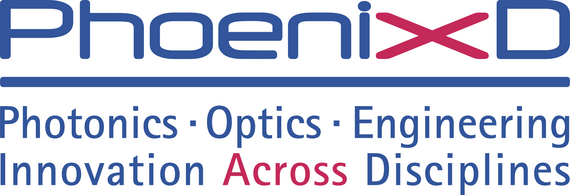
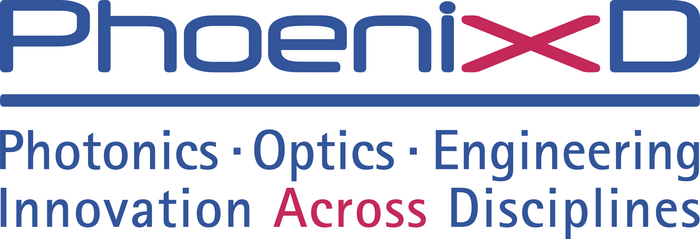
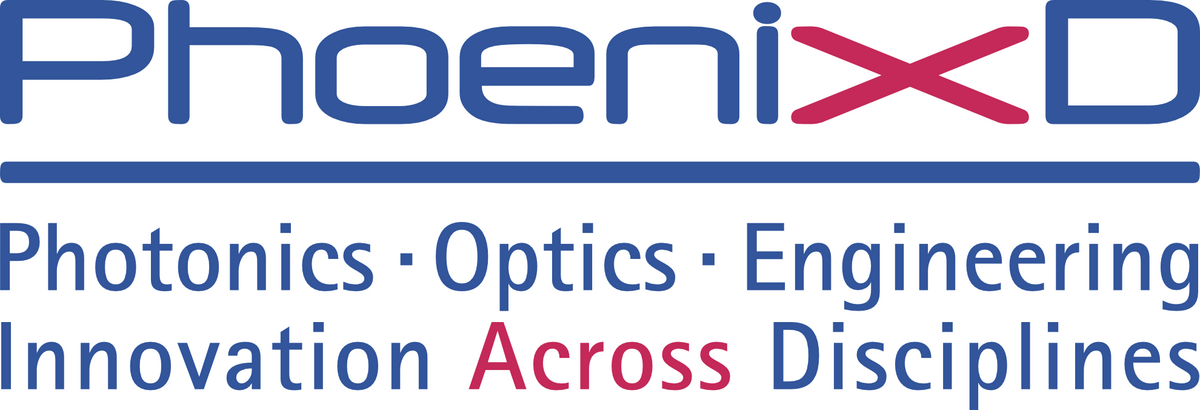
PhoenixD (Photonics Optics, Engineering, Innovation Across Disciplines) researches optical precision systems. Researchers from the fields of mechanical engineering, physics, electrical engineering, computer science and chemistry are working together. The aim is to research and develop innovative products and their manufacturing processes.
Further information can be found at: https://www.phoenixd.uni-hannover.de/en/




















